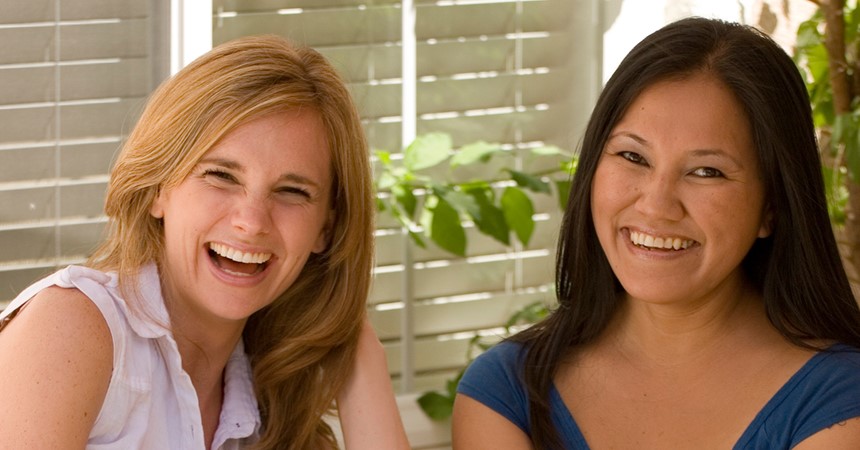Q Over the past twelve months, I have been considering seeing a counsellor and now I am finally ready to take the step of booking my first appointment. I have struggled, both at work and personally, and feel it is time to talk to someone. I have never attended counselling and was wondering what I could expect from my first session? I am feeling very nervous about talking to a stranger about my life.
A It is understandable that you would feel nervous about telling a stranger your innermost thoughts. And I do recommend that you do this – approach this first session with openness and honesty even though you may initially feel cautious about revealing everything about yourself. The counsellor will be in a much better position to support you if he or she has a solid understanding of who you are and the road you have travelled – emotionally and physically.
There is a variety of options when it comes to finding a counsellor – word of mouth is a good place to start. You could call a few private practices and non-government organisations to find out what they offer, keeping in mind the issues you would like to explore. Your workplace may also offer a confidential counselling program (Employee Assistance Program) so you could enquire about this through Human Resources.
The relationship between you and your chosen counsellor is one of the most important aspects of counselling. You need to feel comfortable with this person and he or she should help to make you feel comfortable. If, after a session or two, you feel that something is not working for you, you have the right to discuss this with your counsellor or decide to find another counsellor who may be a better fit for you. Don’t ever feel bad about this, as this is your future and although counsellors have plenty of training in psychology, they are also human, and have individual perspectives and ways of doing things.
In your first session, you may be asked a lot of questions – after the formalities of introducing information about the service and confidentiality of the sessions. The questions may be in relation to:
- What prompted you to seek counselling?
- Your personal history – all relationships, family, your childhood
- Work
- History of mental health issues – you and your family
- Your current symptoms and/or concerns; you may be asked about change in mood and also other factors such as sleep, appetite, impact on concentration, work, relationships, energy and any other factor you, or the counsellor, considers important.
Although the counsellor may ask you a lot of questions, counselling is a team effort. In preparation for the session, you might consider jotting down a few points that you know you would like to cover in the first one or two sessions. Some people take a notebook to counselling with them to write down ideas, questions or ‘homework’ activities. Homework will vary according to the type of therapy but the activities will be provided as a tool for you to practise between counselling sessions.
Keep in mind that the issues that initially brought you to counselling developed over time, and eventually you reached the point where you felt you needed help. Therefore, please do not expect to feel better after one counselling session. In fact, some people leave feeling worse, and this is completely normal because many times, in a first counselling session, you are revealing all the difficulties that brought you there. However, you may also leave with a little hope, especially if you felt “heard” by your counsellor and you begin to work together in creating goals for the future, despite what has happened in the past.























































































